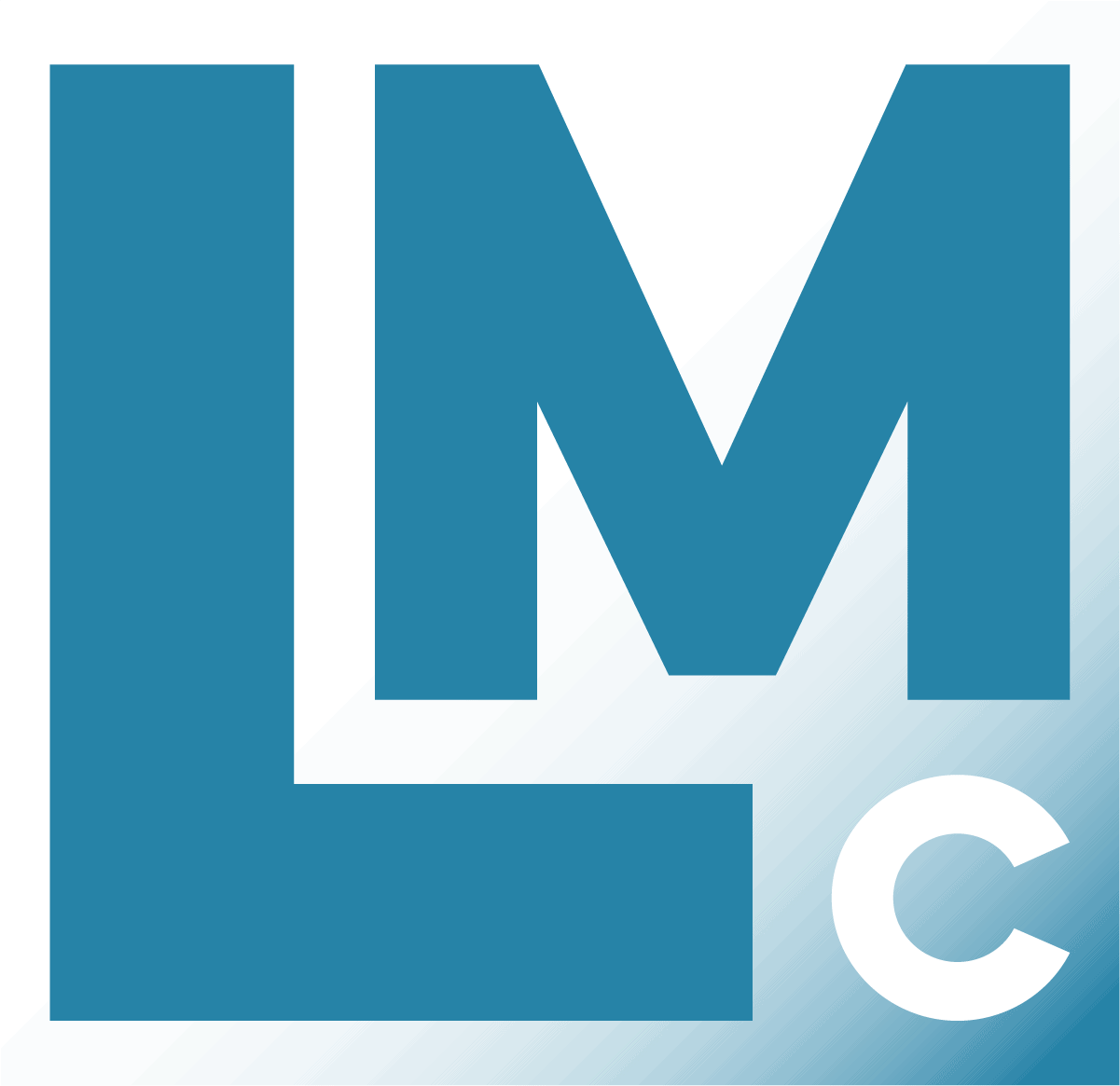Shopping isn’t the only economic activity that’s moved from the brick-and-mortar world to the Web in recent years. More and more workers provide services as freelancers through the gig economy.
As a freelancer, you pay self-employment tax in addition to income tax. But do you owe gig economy sales taxes on the cash you take in?
What is the gig economy?
In the gig economy, people who might have previously worked for an employer doing anything from administrative work to installing shelves to driving a taxi are now free agents, running their own businesses and getting their gigs from apps that match people who need work done with the people who can do it.
[bg_collapse view=”link-inline” color=”#4a4949″ icon=”arrow” expand_text=”Read More” collapse_text=”Show Less” ]
Gig economy sales taxes on services
Much of the work that’s done in this way is service work. Platforms like TaskRabbit offer freelance tasks such as running errands, cleaning, doing paperwork, staffing events, doing laundry and pet sitting.
Historically, most states didn’t charge sales tax on services. In recent years, the economy has shifted from products to services; services made up about two-thirds of economic activity in 2015. As a result, states are adding more services to their list of what is subject to sales tax. Texas adds sales tax to cleaning services. In Iowa, you need to charge sales tax on your graphic design work, even if it’s delivered solely as a digital product. In Rhode Island, pet care is subject to sales tax. A few states, such as Hawaii, require sales tax on all services.
Whether the gig economy is your ticket to freedom or just your side gig, it’s a good idea to check your state’s laws about sales taxes on services to make sure you’re in compliance.
Gig economy sales taxes on ride-hailing apps
The ride-hailing industry has been on a collision course with sales taxing authorities for the past few years. Uber and others have tried to avoid collecting and remitting sales taxes, but more and more states and localities are closing this loophole.
A recent analysis by the Pew Charitable Trusts estimated that governments could bring in an additional $300 million per year just by adding sales tax to Uber, Lyft and other taxi-like gig economy services. Taxi services aren’t subject to sales taxes in all states but, where they are, regulators would like to see ride-hailing services charge their customers sales tax.
The next battle is over who is responsible for collecting and paying these sales taxes. According to Uber driver forums, while some ride-hailing platforms add sales tax on top of the customer’s fee and remit it to the states, Uber has put the responsibility on individual drivers in some states to pay sales taxes out of their share of the fare.
If you drive for a ride-hailing app, even if you only do it part time, it’s worth your while to find out if your fares are subject to sales tax. If the answer is yes, check with your platform to find out whether they collect the sales tax or expect you to do it.
Gig economy sales tax on short-term rentals
Many travelers use apps like Airbnb as a cheaper alternative to staying in hotels. Initially, part of that savings was the lack of sales tax.
In most cities, hotels collect and remit a special sales tax called hotel or occupancy tax. This is usually higher than the local sales tax, sometimes by as much as 15 percent. As more and more visitors use Airbnb, cities and states have moved to reclaim this lost revenue.
Airbnb has agreements with some state and local governments to collect and remit sales taxes on rentals. If you are an Airbnb host in one of these jurisdictions, the platform takes care of the occupancy tax. If Airbnb doesn’t cover sales tax, you could be liable for state or local occupancy tax on your rentals. Airbnb offers instructions on how to add this sales tax to your rentals.
The gig economy has come with some nasty tax surprises for workers used to getting a paycheck with income taxes already deducted. Sales taxes don’t have to be an additional drag on your freelance life: Just let sales tax compliance software can be your part-time personal assistant.
[/bg_collapse]

